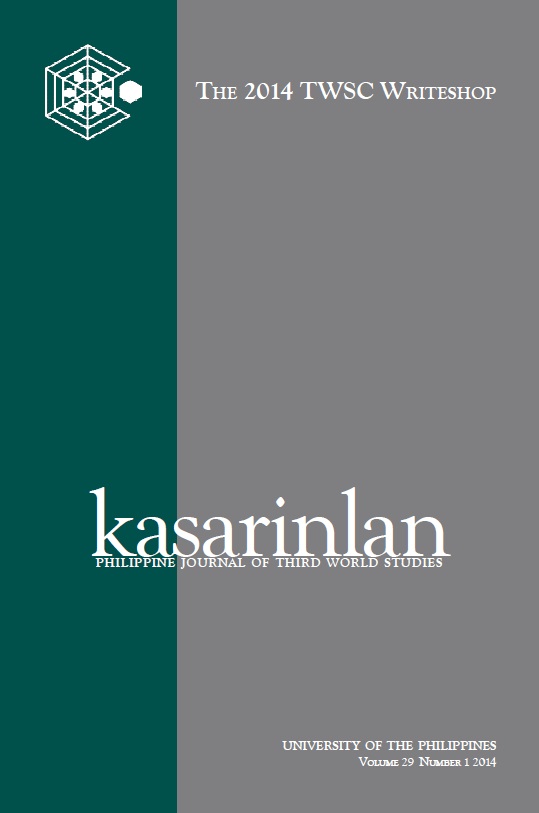The Transformation of Property Rights in the Philippine Timber and Gold Mining Industries during the American Colonial Period
Abstract
From the onset of American colonial rule in the Philippines, institutions were set up to facilitate the exploitation of the archipelago’s mineral and timber resources. Property rights pertaining to mining and lumber operations, unlike those concerning sugar plantations owned by local elites, were part of a colonial design that was supposed to work to the advantage of American business interests. However, changing market conditions and the transition to self-government by the Filipino political establishment altered the policy environment in these industries. As such, divergent patterns of ownership within these industries evolved throughout the period of American rule despite the fact that they operated within the same colonial framework.
How to Cite
POBLADOR, Karl Friedrik K..
The Transformation of Property Rights in the Philippine Timber and Gold Mining Industries during the American Colonial Period.
Kasarinlan: Philippine Journal of Third World Studies, [S.l.], v. 29, n. 1, p. 11-36, june 2015.
ISSN 2012-080X.
Available at: <https://journals.upd.edu.ph/index.php/kasarinlan/article/view/4569>. Date accessed: 06 sep. 2025.
Section
Articles
By submitting a manuscript, the authors agree that the exclusive rights to reproduce and distribute the article have been given to the Third World Studies Center.



